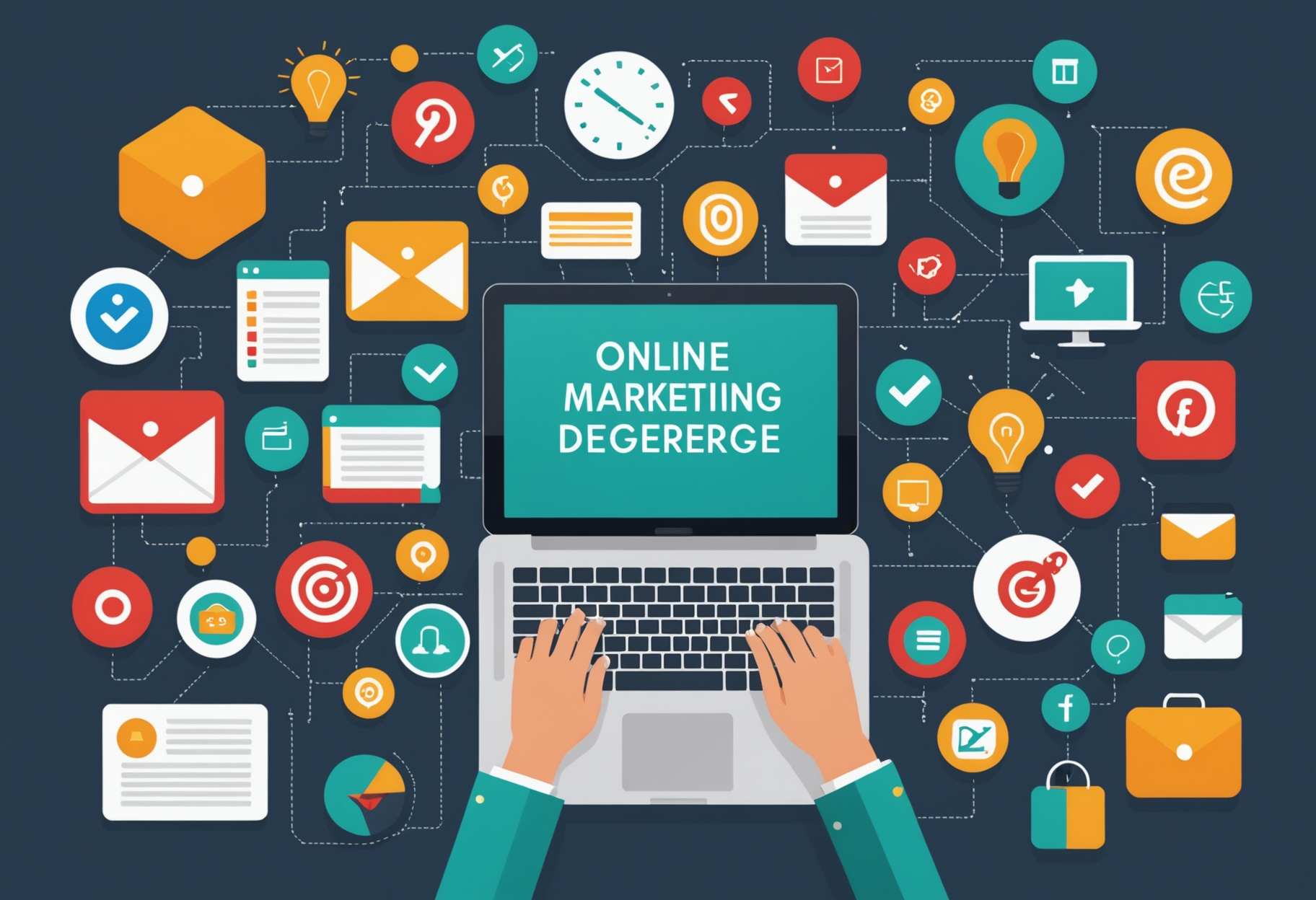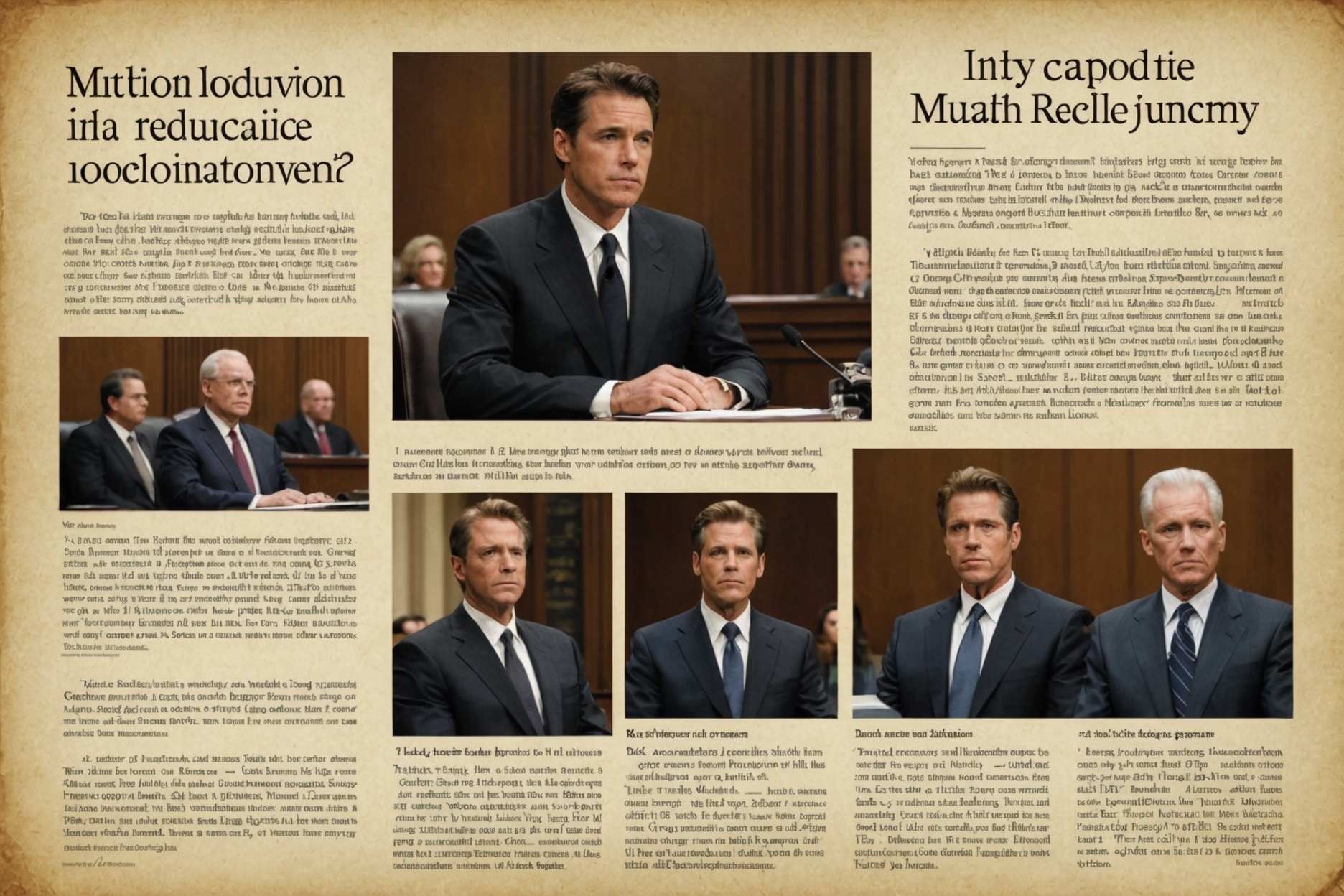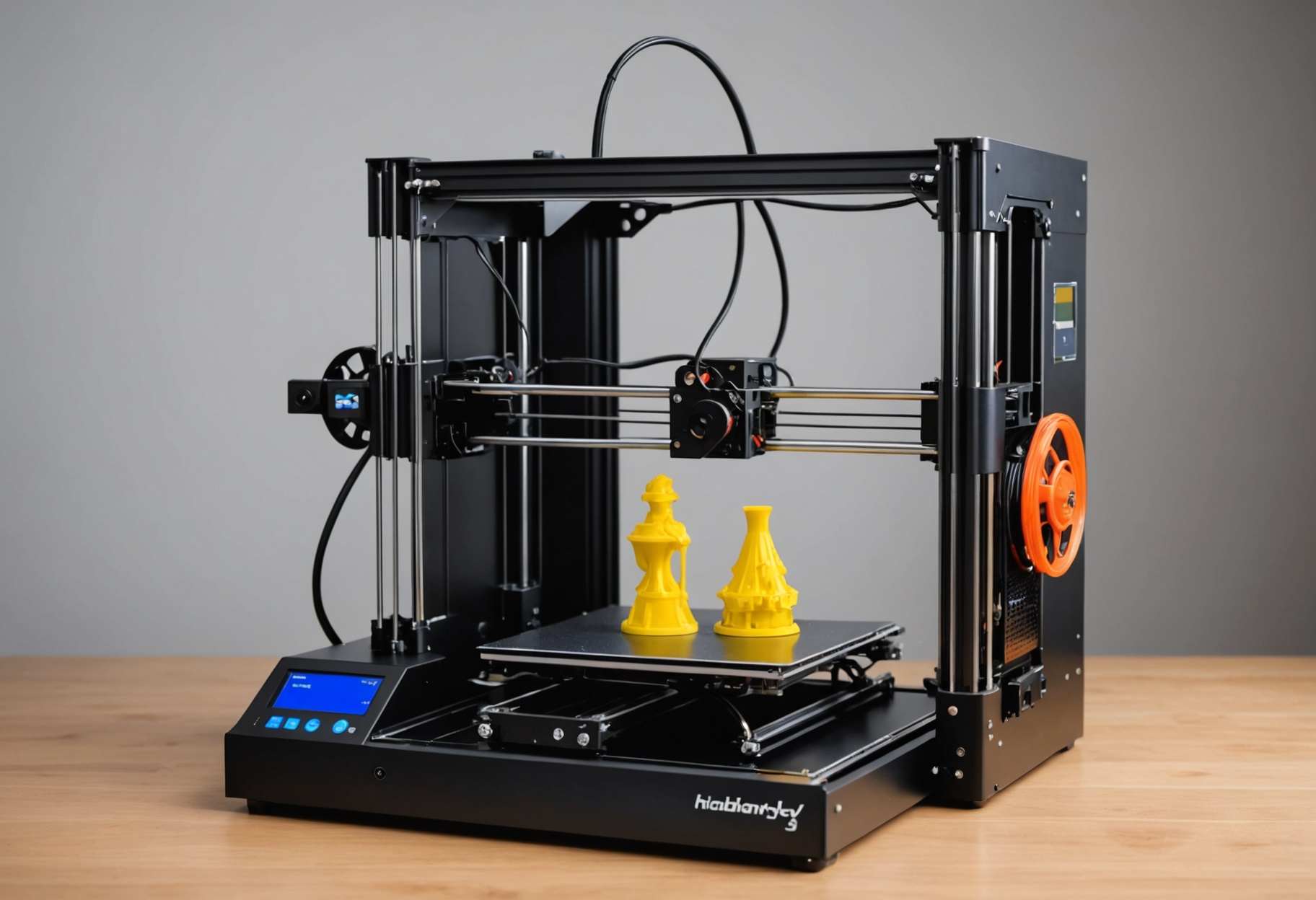Instructions to Amplify Certifiable Experience While Chasing after an Internet Advertising Degree

Seeking after a web based showcasing degree can frequently look like exploring two particular domains \x1 organized e-learning and the sweeping scene of viable application. While computerized courses offer adaptability and availability, consolidating genuine encounters is vital for progress in the showcasing field. This article investigates the coordination of scholastic information with down to earth bits of knowledge, guaranteeing a far reaching and enhancing instructive excursion.
**Participating in Internships:**
Temporary jobs act as an indispensable connection between hypothetical ideas and the quick moving showcasing industry. A very much picked entry level position can essentially impact your vocation direction. To distinguish the best open doors, begin by explaining your vocation objectives and recognizing areas or organizations that line up with your inclinations. Organizing with experts on stages like LinkedIn and using college vocation administrations can be useful. Despite the fact that adjusting studies and entry level positions might appear to be testing, the complex gaining got from these encounters is priceless.
**Partaking in Live Projects:**
Live ventures submerge understudies in certifiable business challenges, pushing them past hypothetical contextual analyses. These ventures present current advertising issues, permitting understudies to quickly apply and assess their scholastic information. Numerous organizations team up with colleges to feature their difficulties as live activities, looking for inventive scholastic arrangements. These encounters improve decisive reasoning, energize imagination, and cultivate a critical thinking outlook fundamental for promoting experts.
**Chipping in for Non-Profits:**
Chipping in offers something other than scholastic advantages; it joins picking up, offering in return, and self-awareness. Non-benefits frequently look for showcasing fans with new thoughts while working on restricted financial plans. This climate gives an excellent chance to apply your scholastic information, think up powerful promoting systems, and notice their genuine effect. Past functional abilities, chipping in develops sympathy, extends your organization, and frequently prompts positive expert references.
**Going to Industry Conferences:**
The advanced organization of your coursework shouldn't restrict your commitment with the more extensive promoting local area. Industry meetings are dynamic gatherings for thoughts, drifts, and systems administration. These occasions include industry pioneers, inventive procedures, and state of the art devices. Participating in such settings can profoundly compensate. Center around gatherings that line up with your vocation objectives, and go ahead and in conversations, go to studios, or even present your work. Offsetting these open doors with scholastic responsibilities requires cautious preparation, yet the subsequent bits of knowledge and associations can be extraordinary.
**Building an Internet based Portfolio:**
In an undeniably computerized world, your web-based presence can be a strong resource. An internet based portfolio capabilities as something beyond a computerized continue; it portrays your expert process exceptionally. Incorporate scholastic ventures, research papers, temporary position encounters, and individual showcasing drives that exhibit your abilities, energy, and vision. Use stages like Behance, WordPress, or LinkedIn to make this advanced portrayal, guaranteeing it stays forward-thinking, connecting with, and intelligent of your abilities to develop.
The experience of seeking after a web based showcasing degree can be basically as rich and different as that of a customary program, while perhaps not all the more so. The key is to search out and embrace functional open doors. By joining genuine encounters with scholarly hypotheses, you move past latent figuring out how to effectively shape your future, preparing yourself for a profession in promoting as well as for influential positions inside the business.
**Participating in Internships:**
Temporary jobs act as an indispensable connection between hypothetical ideas and the quick moving showcasing industry. A very much picked entry level position can essentially impact your vocation direction. To distinguish the best open doors, begin by explaining your vocation objectives and recognizing areas or organizations that line up with your inclinations. Organizing with experts on stages like LinkedIn and using college vocation administrations can be useful. Despite the fact that adjusting studies and entry level positions might appear to be testing, the complex gaining got from these encounters is priceless.
**Partaking in Live Projects:**
Live ventures submerge understudies in certifiable business challenges, pushing them past hypothetical contextual analyses. These ventures present current advertising issues, permitting understudies to quickly apply and assess their scholastic information. Numerous organizations team up with colleges to feature their difficulties as live activities, looking for inventive scholastic arrangements. These encounters improve decisive reasoning, energize imagination, and cultivate a critical thinking outlook fundamental for promoting experts.
**Chipping in for Non-Profits:**
Chipping in offers something other than scholastic advantages; it joins picking up, offering in return, and self-awareness. Non-benefits frequently look for showcasing fans with new thoughts while working on restricted financial plans. This climate gives an excellent chance to apply your scholastic information, think up powerful promoting systems, and notice their genuine effect. Past functional abilities, chipping in develops sympathy, extends your organization, and frequently prompts positive expert references.
**Going to Industry Conferences:**
The advanced organization of your coursework shouldn't restrict your commitment with the more extensive promoting local area. Industry meetings are dynamic gatherings for thoughts, drifts, and systems administration. These occasions include industry pioneers, inventive procedures, and state of the art devices. Participating in such settings can profoundly compensate. Center around gatherings that line up with your vocation objectives, and go ahead and in conversations, go to studios, or even present your work. Offsetting these open doors with scholastic responsibilities requires cautious preparation, yet the subsequent bits of knowledge and associations can be extraordinary.
**Building an Internet based Portfolio:**
In an undeniably computerized world, your web-based presence can be a strong resource. An internet based portfolio capabilities as something beyond a computerized continue; it portrays your expert process exceptionally. Incorporate scholastic ventures, research papers, temporary position encounters, and individual showcasing drives that exhibit your abilities, energy, and vision. Use stages like Behance, WordPress, or LinkedIn to make this advanced portrayal, guaranteeing it stays forward-thinking, connecting with, and intelligent of your abilities to develop.
The experience of seeking after a web based showcasing degree can be basically as rich and different as that of a customary program, while perhaps not all the more so. The key is to search out and embrace functional open doors. By joining genuine encounters with scholarly hypotheses, you move past latent figuring out how to effectively shape your future, preparing yourself for a profession in promoting as well as for influential positions inside the business.
Share this article
 Top 15 Online Entertainment Stages for Individual Marking
Top 15 Online Entertainment Stages for Individual Marking Misinterpretations and Mistakes Portrayed by Hollywood in the General set of laws
Misinterpretations and Mistakes Portrayed by Hollywood in the General set of laws The most effective method to Perceive the Early Side effects of Cellular breakdown in the lungs
The most effective method to Perceive the Early Side effects of Cellular breakdown in the lungs Imaginative Tech Contraptions That Will Work on Your Life
Imaginative Tech Contraptions That Will Work on Your Life Vote in favor of Your #1 Climbing boots Now
Vote in favor of Your #1 Climbing boots Now Figure out How to Track the Establishment of New 5G Pinnacles
Figure out How to Track the Establishment of New 5G Pinnacles Shrewd Home Gadgets to Save Energy
Shrewd Home Gadgets to Save Energy Instructions to Arrange Your Compensation During Medical caretaker Prospective employee meetings
Instructions to Arrange Your Compensation During Medical caretaker Prospective employee meetings 3D Printers for Specialists
3D Printers for Specialists













